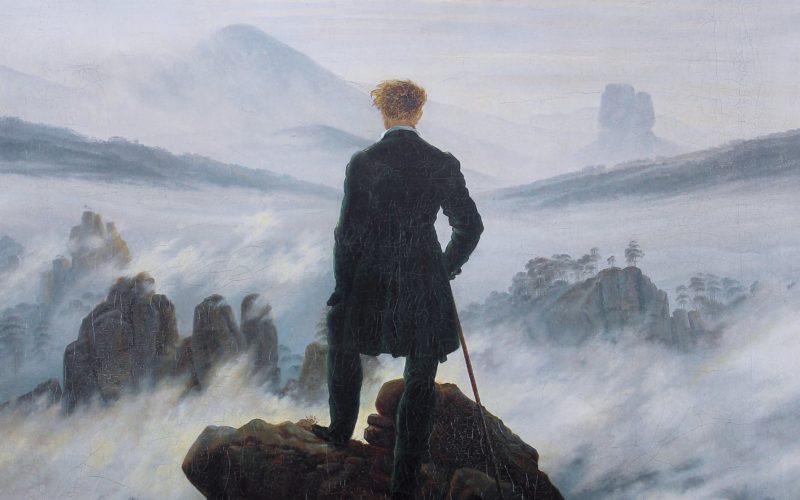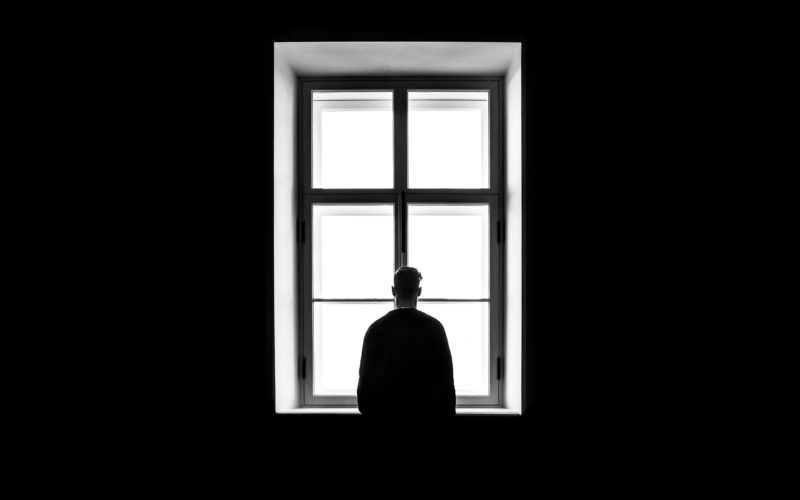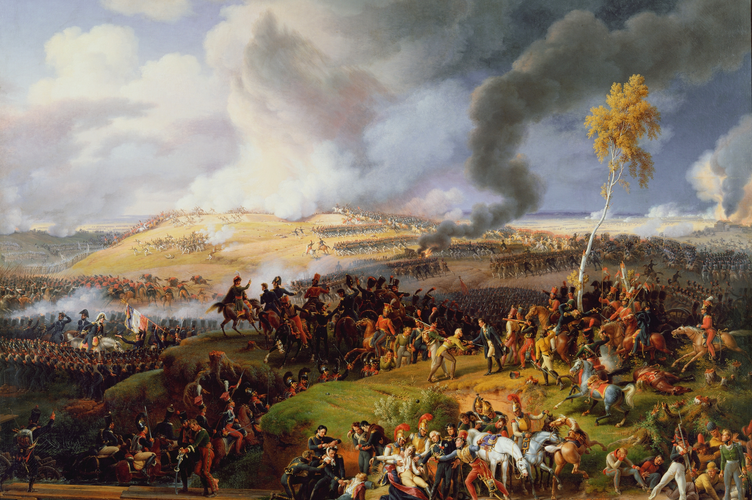Nietzsche: Where Does Morality Come From? (2/3)
Is there such a thing as right and wrong, or is morality a fabrication of social and evolutionary design? Enlightenment thinkers, such as Hobbes and Rousseau, believed that morality is a social construct. Contemporary atheist philosophers, like Paul Kurtz and Michael Ruse, are convinced that evolutionary biology is responsible for a sense of morality. Judeo-Christian thinkers throughout millennia have said that moral laws require a moral law giver. And Friedrich Nietzsche dismisses the entire conversation, arguing that all morals are illusory constraints adopted by weak willed peons.




